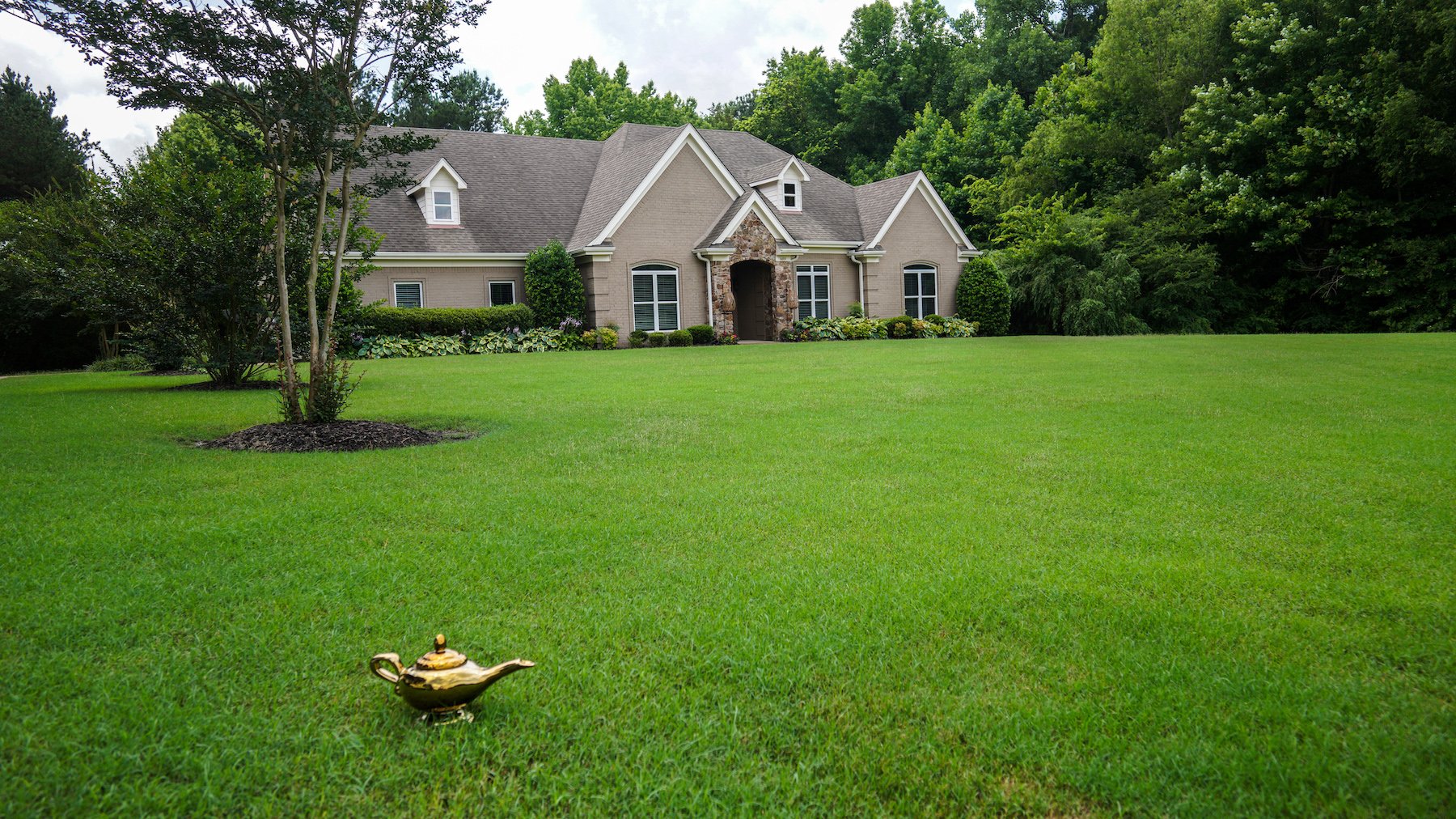
Here in Memphis, TN and Northern MS, Bermudagrass is a valued grass type for its exceptional heat and drought tolerance. While we find that many homeowners have Bermudagrass lawns in our area, we also find that they don’t always know how to provide them with optimal care. Producing the best results comes down to knowing how to best care for the specific lawn type that you have.
At Master Lawn, we want to help you see the results that you’re after. That’s why we’ve rounded up this guide to Bermudagrass lawn care. With just a little bit of forethought and some understanding, you can achieve the healthy lawn that you desire.
Bermudagrass is a warm season grass that needs full sun and good drainage. It is often used in our region for spring/summer seeding. Keep in mind that when it comes to healthy Bermudagrass, there is really no such thing as too much sun. Most of the time when we see a Bermudagrass lawn thinning, it’s because it’s not receiving enough sunlight throughout the day.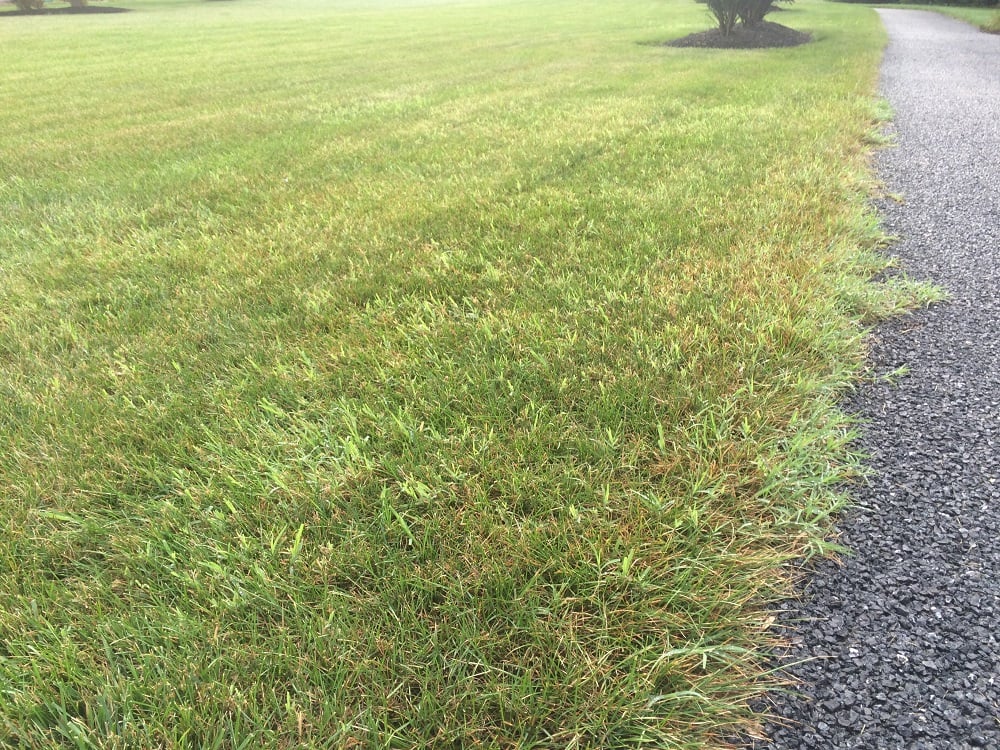
In terms of water, Bermudagrass generally requires around one inch per week. During hot weather, this can increase to two inches.
When receiving optimal sunlight and water, Bermudagrass will grow rapidly. In fact, Bermudagrass has the fastest growth rate of any of the warm season grasses. Because of its aggressive growth rate, Bermudagrass may require more maintenance than other grass types. For one, it can have more intense fertilization needs than other turf types.
The grass will also need to be cut often enough that you don’t need to cut more than one-third of the blade at a time. This is the best way to maintain optimal health.
Like every grass type, Bermudagrass has its pros and cons. While it’s valued for its hardiness and ability to tolerate heat and even some drought conditions, the aggressive growth rate that we mentioned above can sometimes be problematic for people who don’t have time to keep up with its care.
As with any grass type, Bermudagrass is certainly not immune to potential pest problems.
One such problem are lawn grubs, which are subsurface feeding insects that munch on your lawn’s roots. In addition, surface-feeding insects, like chinch bugs, can also be a problem in Bermudagrass. 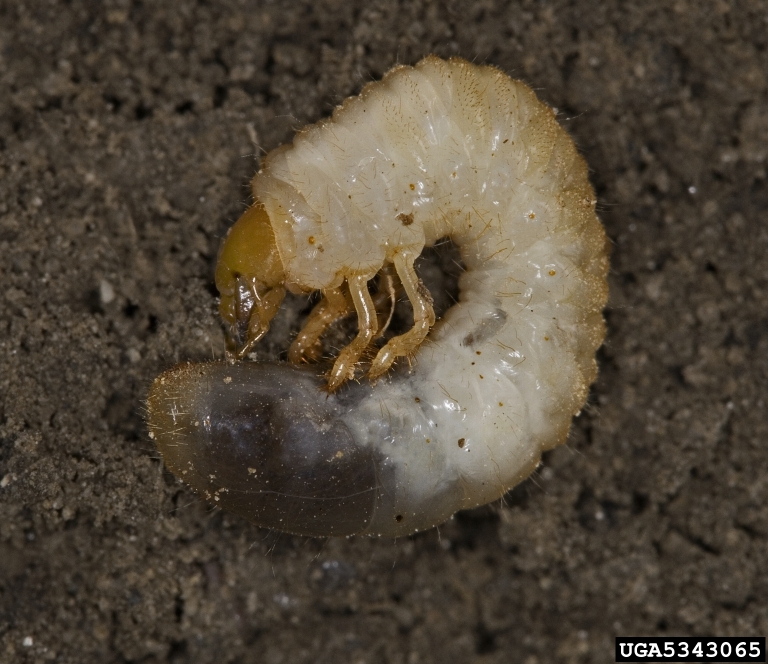 However, the pest that you may need to be on highest alert for is the Armyworm, which does appear to have a preference for Bermudagrass. While these pests are not a problem every year, they can be highly destructive so it’s important to find them early.
However, the pest that you may need to be on highest alert for is the Armyworm, which does appear to have a preference for Bermudagrass. While these pests are not a problem every year, they can be highly destructive so it’s important to find them early.
Another pest that is quite specific to Bermudagrass is the Bermudagrass Mite which will only feed on this lawn type.This type of damage generally looks like yellowing of the lawn or overall loss of vigor.
In terms of weeds, Bermudagrass lawns fight the same weeds as those commonly found in Zoysia grass. These include weeds like nutsedge, fireweed, kyllinga, dallisgrass, and crabgrass. 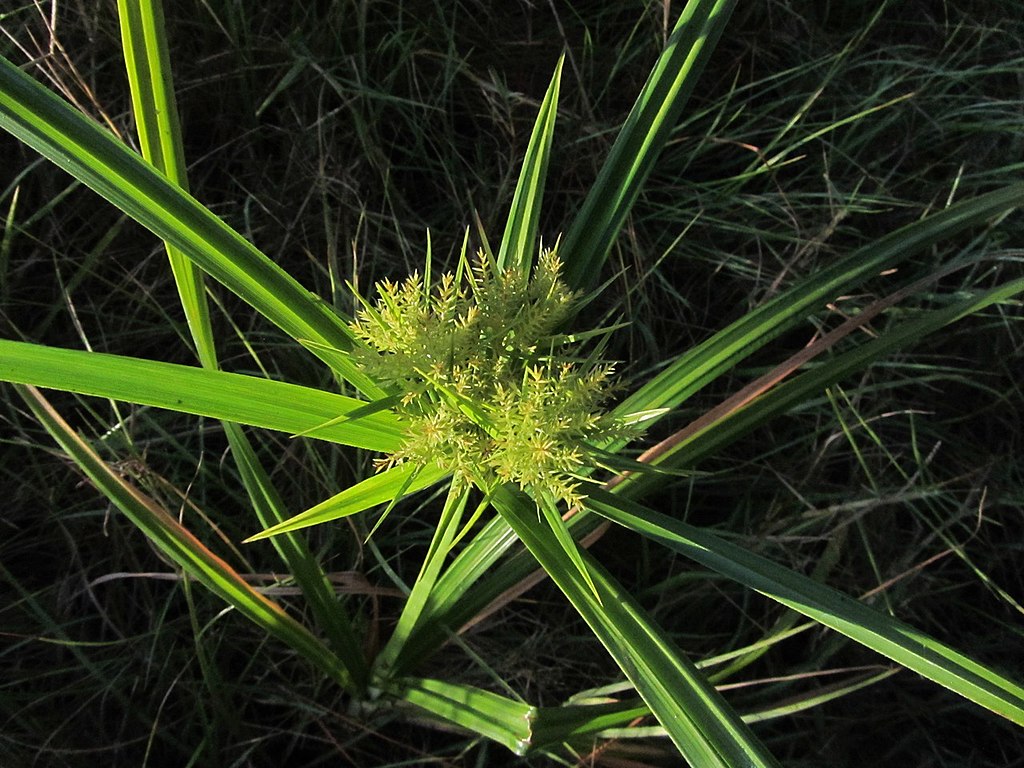
The good news is that a thick and healthy lawn can help naturally defend against many of these weeds. That’s why your quest to ensure optimal Bermudagrass lawn care can really make a difference in combating some of these potential problems.
In general, lawn care can be complicated. But when you also start mixing in information about the different turf types out there and recognizing that different grasses have different requirements, it can become quite overwhelming.
Fortunately, you can remove the guesswork and take the confusion out of Bermudagrass lawn care by simply hiring a professional. A lawn care professional is already going to know what your specific lawn needs to perform its best. This is important as most lawns are not made up of a single turf type but, instead, are a blend. A professional can make informed decisions based on the make-up of your specific lawn.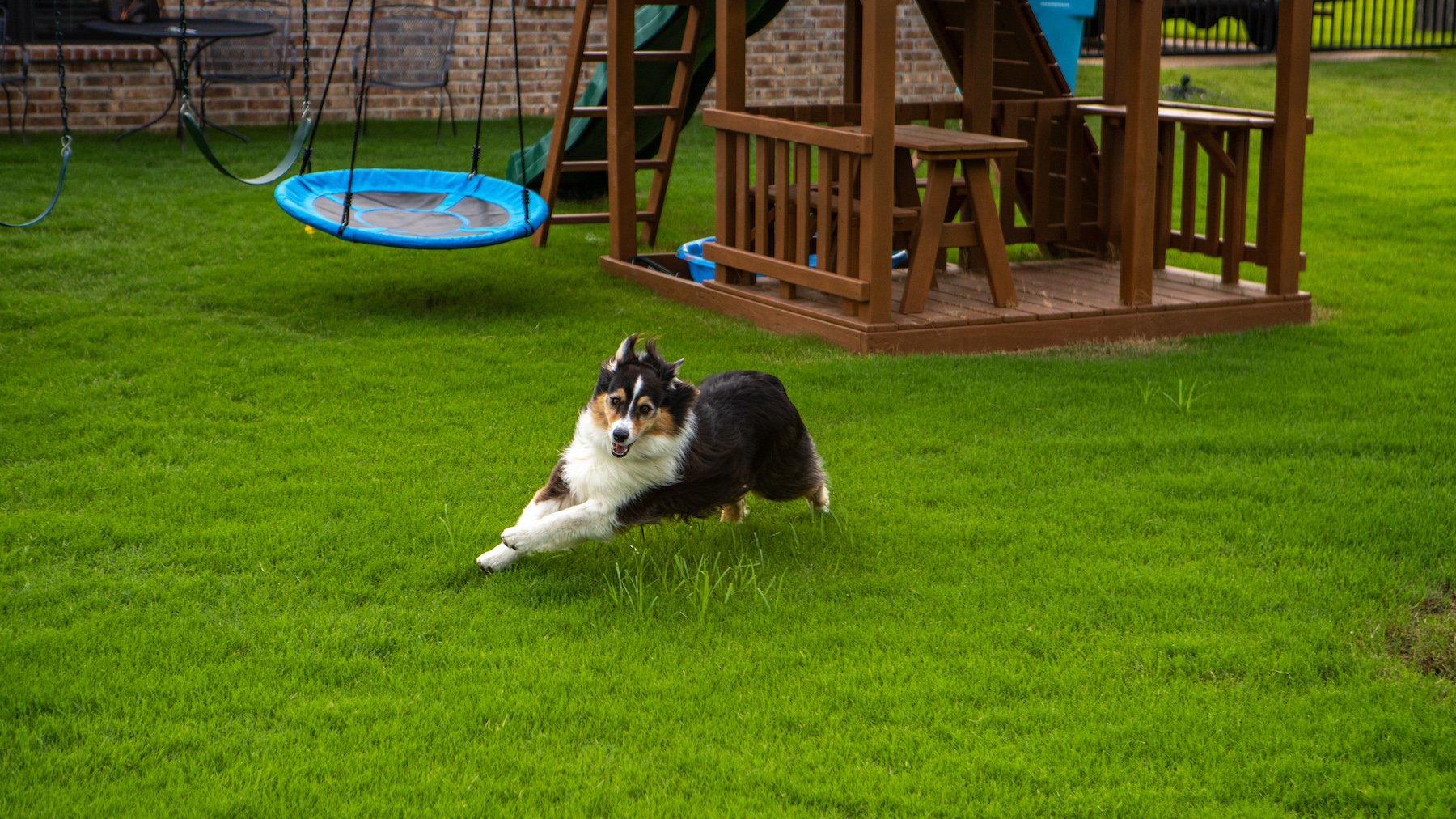
The best lawn care professionals will do what it takes to create a lawn care program that is specifically geared to your lawn and its needs. But the “best of the best” will go even further and also provide you with cultural recommendations, such as watering tips, and other ways that you can help achieve the best results. After all, the best lawns are produced when lawn care professionals and homeowners form a partnership.
At Master Lawn, we believe that you ought to be able to have the lush green lawn that you desire without any confusion over how to achieve the best results. That’s why we can help take the guesswork out of the process and handle your Bermudagrass lawn care for you.
We commend you for taking the time to read an article like this and trying to understand exactly what your lawn needs. But we also understand that you’re probably looking to make the process as easy as possible on yourself.
That’s where we can help!
Instead of having to figure out what your Bermudagrass lawn needs, you can trust that a professional has got you covered. By choosing to work with Master Lawn, we can make your wish of having a truly beautiful lawn our command!
Ready to finally have that lush green lawn at your Memphis, TN or Olive Branch, MS home? Talk to a lawn care expert, choose from 3 program options, and become the master of your lawn.
Michael Hatcher is president of Michael Hatcher & Associates.
These Stories on Lawn Care
8255 Center Hill Rd
Olive Branch, MS 38654
8164 MS-178
Olive Branch, MS 38654
Phone: (901) 445-9336
Fax: (901) 853-7353
Copyright © Master Lawn | All Rights Reserved.